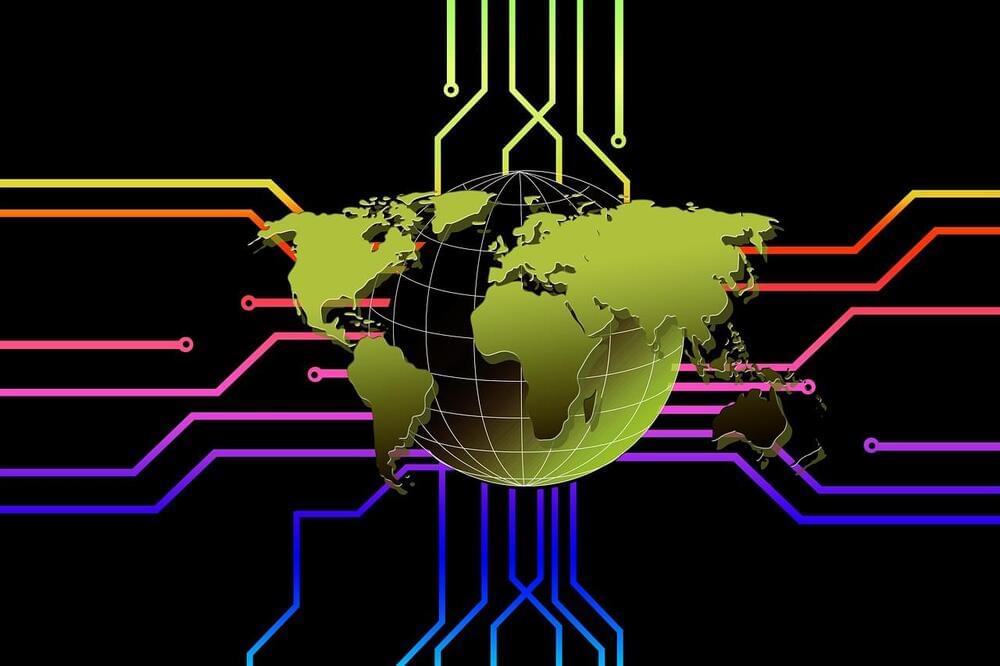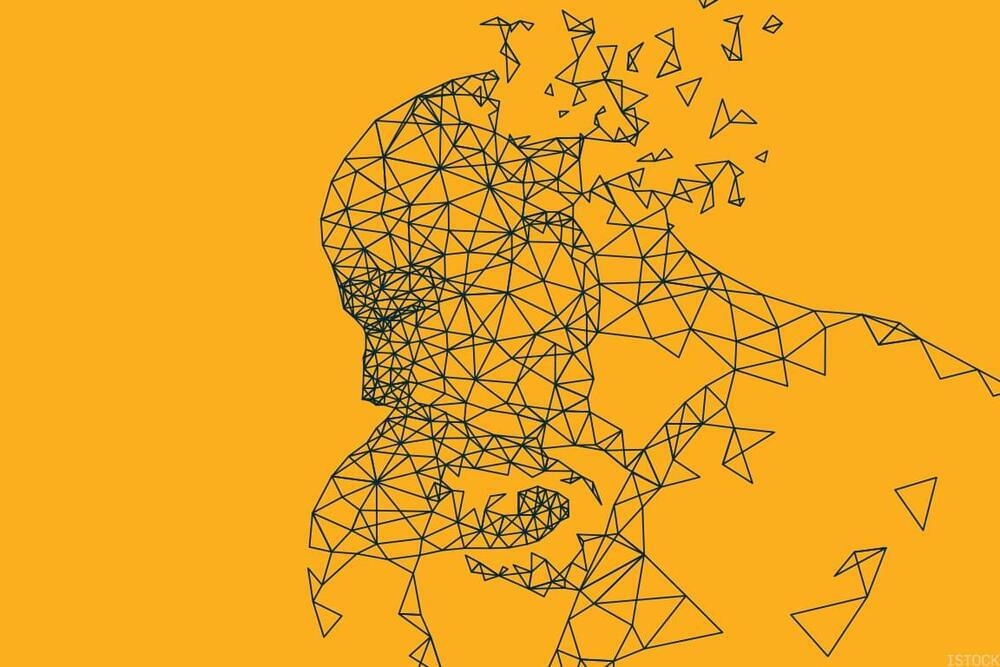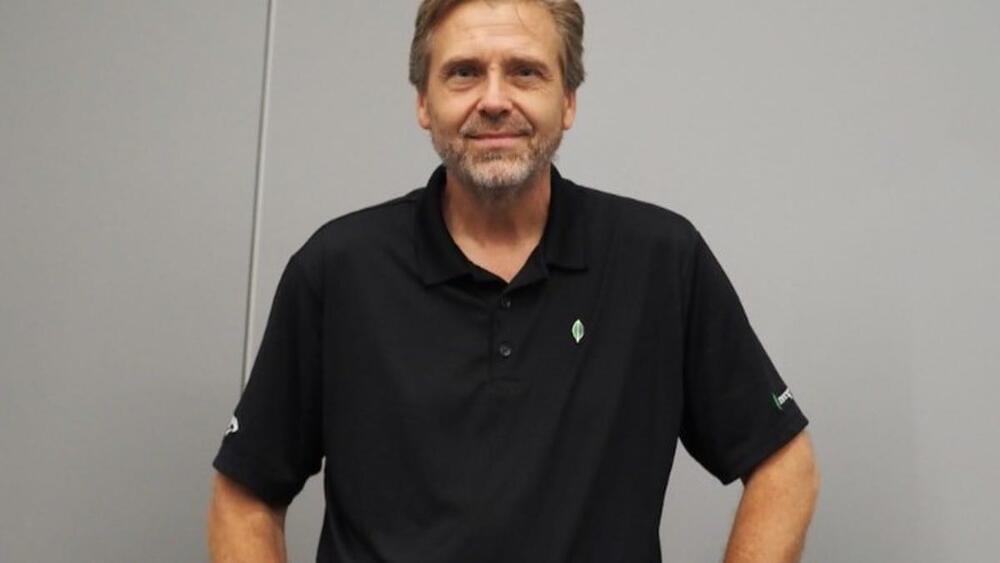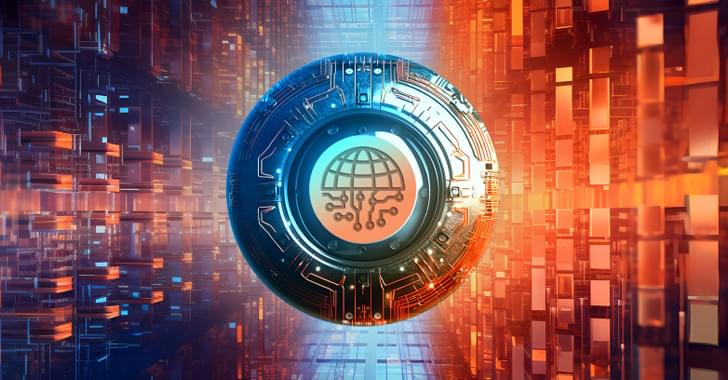Being developed at NASA, the Chatbot will allow astronauts converse with their spacecraft, also allowing mission controllers to converse with AI robots.



We asked YOU about your opinion!
Since we are all thinking about Artificial Intelligence (AI), we wanted to know what everyone has to say about it. We reached out using social media and collected some various ideas and opinions on the topic. Some people chose to include their names and others opted to remain anonymous. Thanks to the people who participated!
This is a really cool story that shows how you can use AI. People don’t even know many AI tools that exist, like Adobe Podcast, or that you can remove the background of a video without chroma key (green screen)
Today, I’ll show you how I selected and used three AI tools to help improve a short informational video for my YouTube channel. One tool rescued the entire little project, and the others punched up the end result. For this project, we’ll be using Adobe’s Photoshop Beta, Adobe Podcast, and the latest version of Apple’s Final Cut Pro for Mac.
Generative AI isn’t just for showy and exciting projects. Here’s how I used AI tools to transform an instructional video into something much more compelling.
I just posted a story and commented that people don’t even know how many AI tools exist. There are many. I can decorate my house without an interior designer, and much more. Here are 5 AI editing tools for video.
Help me achieve my goal by joining my channel!||||||||||||||| 63% ||||… 31.5K/50K Joined.
➡️ Hit the [Subscribe] button or click here to sub: https://vod.strms.net/s/UCqdsVtEvUIU-0ebfhSFWOGw.
* ⭐ Newest Subscriber: DameJungle⭐*
TimeBolt: https://geni.us/TimeBolt — 20% Discount Code: Rafael.
Keyper: https://fxfactory.pxf.io/Keyper.
Captionator: https://apps.apple.com/ca/app/captionator-for-final-cut/id1627843786?mt=12
Caption Generator for Final Cut: https://apps.apple.com/ca/app/caption-generator-for-finalcut/id1666645487?mt=12
Final Cut Pro 90 Day Free Trial: https://www.apple.com/ca/final-cut-pro/trial/
Adobe Premiere: http://bit.ly/PremiereRafael.
Enhanced Editing: Final Cut Pro (Waitlist Signup!) https://links.rafaelludwig.com/efficient-editing.
0:00 Intro.
0:24 TimeBolt.
3:51 Keyper.
5:12 Captionator.
6:48 Caption Generator For Final Cut.
8:20 Remix.
10:40 Voice Isolation.
11:59 Adobe Podcast.
• ••••••••••// Support the Channel \••••••••••••••••••••••••••••••••••••••••




Artificial intelligence, including the most popular form at the moment, generative AI such as OpenAI’s ChatGPT, is going to provide tremendous leverage to software developers and make them vastly more productive, according to the chief technologist of MongoDB, the document database maker.
AI, especially the generative sort, is going to “let developers write code at the quality and the speed and the completeness that we’ve always wanted to,” says Mark Porter.

But a twist to her romantic narrative made it even more intriguing. Aria was describing in vivid detail her unique relationship with ChatGPT, the OpenAI-designed intelligent chatbot that has taken the world by storm with its near-human responses.
Across China, such unconventional bonds reflect a rising trend where individuals seek solace and companionship in AI-powered entities. In recent months, similar accounts on multiple social media platforms have sparked widespread debate over the implications of relying on AI for emotional connection and the potential risks associated with privacy and real-life relationships.

Security and risk teams are already overwhelmed protecting their SaaS estate (which has now become the operating system of business) from common vulnerabilities such as misconfigurations and over permissioned users. This leaves little bandwidth to assess the AI tool threat landscape, unsanctioned AI tools currently in use, and the implications for SaaS security.
With threats emerging outside and inside organizations, CISOs and their teams must understand the most relevant AI tool risks to SaaS systems — and how to mitigate them.